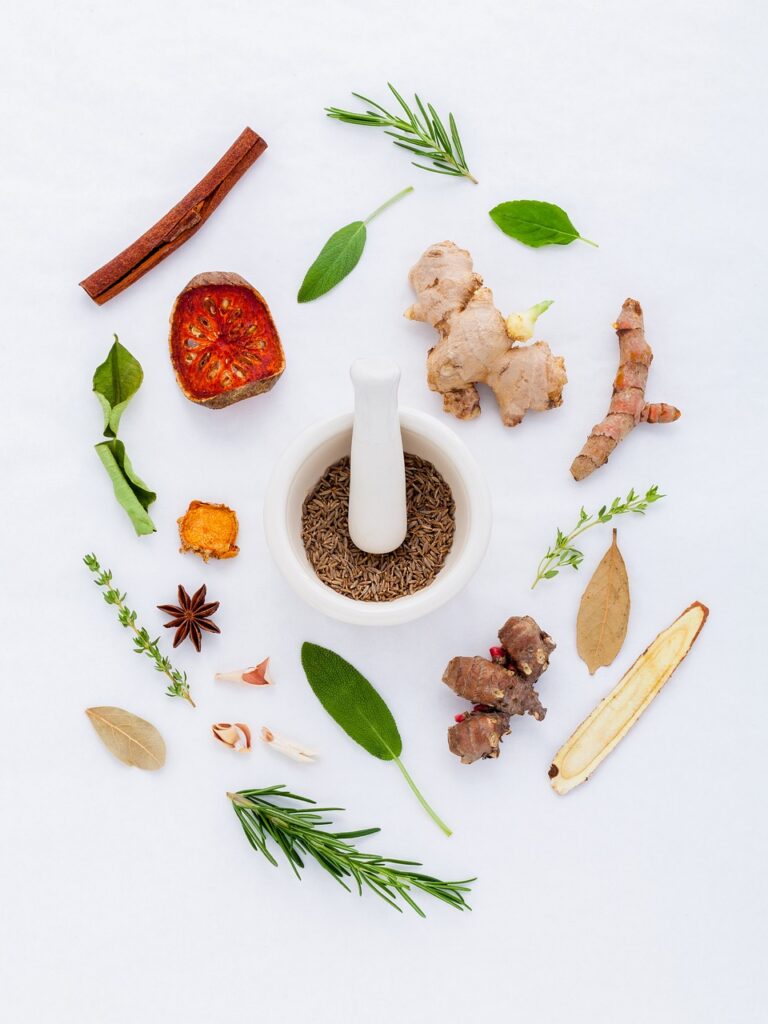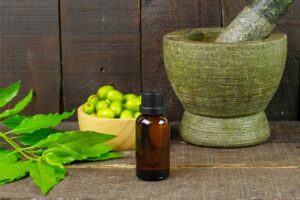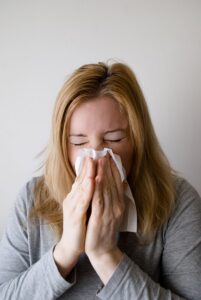
Anxiety and depression are common mental health concerns that can have a significant impact on a person’s overall well-being. While conventional treatments such as medication and therapy are commonly used, many individuals are turning to herbal remedies as alternative options. Herbal remedies for anxiety and depression have been used for centuries and are believed to provide relief without the potential side effects associated with pharmaceutical drugs. In this comprehensive guide, we will explore the best herbal remedies for anxiety and depression, their potential benefits, and how to incorporate them into your daily routine for optimal mental health. Understanding Anxiety and Depression
Anxiety and depression are complex mental health conditions that can affect individuals in different ways. Anxiety disorders are characterized by excessive worry and fear, often leading to physical symptoms such as rapid heartbeat, sweating, and restlessness. Depression, on the other hand, is characterized by persistent feelings of sadness, loss of interest or pleasure in activities, and changes in appetite and sleep patterns. Both conditions can significantly impact a person’s quality of life, making it essential to explore effective treatment options.
The Power of Herbal Medicine
Herbal medicine has a long history of use in promoting overall well-being, including the management of anxiety and depression. The use of herbs for mental health dates back centuries, with traditional systems of medicine such as Ayurveda and Traditional Chinese Medicine (TCM) incorporating various herbs to support emotional balance. When used correctly, herbal remedies can provide natural relief for anxiety and depression, helping individuals regain a sense of calm and emotional stability.
Ashwagandha: The Stress Buster
Ashwagandha, also known as Withania somnifera, is an adaptogenic herb that has gained popularity for its ability to combat stress and anxiety. Adaptogens are a class of herbs that help the body adapt to physical and emotional stressors, promoting balance and resilience. Ashwagandha has been used in Ayurvedic medicine for centuries and is known for its calming properties. Research suggests that ashwagandha can reduce cortisol levels, a stress hormone, and improve sleep quality. By reducing stress and promoting relaxation, ashwagandha may be an effective herbal remedy for anxiety and depression.
Chamomile: Nature’s Calming Tea
Chamomile is a well-known herb that has been used for centuries to promote relaxation and alleviate anxiety. This flowering herb belongs to the Asteraceae family and is available in various forms, including tea, extract, tablet, and skin cream. Chamomile’s calming properties are believed to be due to its ability to interact with gamma-aminobutyric acid (GABA) receptors in the brain, which helps reduce anxious feelings. While limited research exists on chamomile’s effectiveness for anxiety, its long history of use and widespread popularity as a natural remedy make it worth considering.
Lavender: Aromatherapy for Peace of Mind
Lavender is a fragrant herb belonging to the mint family, known for its calming and soothing properties. The scent of lavender has long been associated with relaxation and improved sleep quality. Aromatherapy with lavender essential oil has been shown to reduce anxiety symptoms and promote a sense of calm. The terpenes found in lavender, such as linalool and linalyl acetate, interact with receptors in the brain, impacting mood and anxiety levels. Whether used in a diffuser, as an essential oil for massage, or added to bathwater, lavender can be a valuable herbal remedy for anxiety and depression.
Valerian: Nature’s Tranquilizer
Valerian root, derived from the Valeriana officinalis plant, has a long history of use as a natural remedy for sleep problems, anxiety, and stress. Valerian is believed to increase the levels of gamma-aminobutyric acid (GABA) in the brain, a neurotransmitter that promotes relaxation and reduces anxiety. While research on valerian for anxiety is limited, some studies suggest that it may help with sleep problems associated with anxiety and stress. It is important to note that valerian should be used cautiously and for short-term relief, as long-term safety trials are lacking.
Passionflower: Calming the Mind and Body
Passionflower, also known as Passiflora incarnata, is a flowering vine that has been used traditionally as a natural remedy for anxiety, stress, and sleep problems. Research suggests that passionflower may help reduce anxiety symptoms by increasing levels of gamma-aminobutyric acid (GABA) in the brain. This herb’s calming effects make it a popular choice for individuals seeking natural relief from anxiety and depression. It is available in various forms, including teas, tinctures, and capsules, and should be used under the guidance of a healthcare professional.
Kava: The Pacific Island Relaxation Drink
Kava, derived from the Piper methysticum plant, is a traditional herbal remedy used in Pacific Island cultures for its relaxation and anxiety-reducing effects. Kava is believed to interact with GABA receptors in the brain, producing a sense of calm and tranquility. However, it is important to note that the use of kava has been associated with liver toxicity, and caution should be exercised when considering its use. It is recommended to consult with a healthcare professional before using kava as an herbal remedy for anxiety.
Lemon Balm: A Refreshing Herb for Anxiety Relief
Lemon balm, or Melissa officinalis, is a lemon-scented herb that has been used for centuries to promote relaxation and ease anxiety symptoms. Research suggests that lemon balm may help reduce stress, nervousness, and sleep problems associated with anxiety and depression. Lemon balm can be consumed as a tea, used in essential oil form for aromatherapy, or taken as a supplement. While generally considered safe, it is essential to follow recommended dosages and consult with a healthcare professional before incorporating lemon balm into your wellness routine.
Chamomile: Soothing Anxiety Naturally
Chamomile, a flowering herb similar in appearance to a daisy, has long been used as a natural remedy for anxiety and stress. Chamomile is available in various forms, including tea, extract, tablet, and cream, making it easy to incorporate into your daily routine. Limited research suggests that chamomile may help reduce moderate to severe anxiety symptoms, but further studies are needed to fully understand its effectiveness. It is important to note that chamomile can cause allergic reactions in some individuals and may interact with certain medications, so it is advisable to consult with a healthcare professional before using chamomile as an herbal remedy for anxiety.
Incorporating Herbal Remedies into Your Routine
When considering herbal remedies for anxiety and depression, it is crucial to consult with a healthcare professional to ensure their safety and appropriateness for your individual needs. While herbal remedies can provide natural relief, they are not a substitute for professional medical advice and treatment. It is important to remember that everyone’s response to herbal remedies may vary, and what works for one person may not work for another. A holistic approach to mental health, including proper nutrition, regular exercise, adequate sleep, and stress management techniques, is essential for overall well-being.
Conclusion: Harnessing the Power of Nature for Mental Health
While anxiety and depression can be challenging to navigate, there are natural remedies available that can provide support and relief. Herbal remedies have been used for centuries to promote emotional well-being and can be a valuable addition to your mental health toolkit. From ashwagandha and chamomile to lavender and valerian, these herbal remedies offer a variety of benefits to help alleviate anxiety and depression symptoms. However, it is essential to approach herbal remedies with caution and consult with a healthcare professional to ensure their safe and appropriate use. By harnessing the power of nature, you can take proactive steps toward managing anxiety and depression and achieving a greater sense of calm and well-being.



